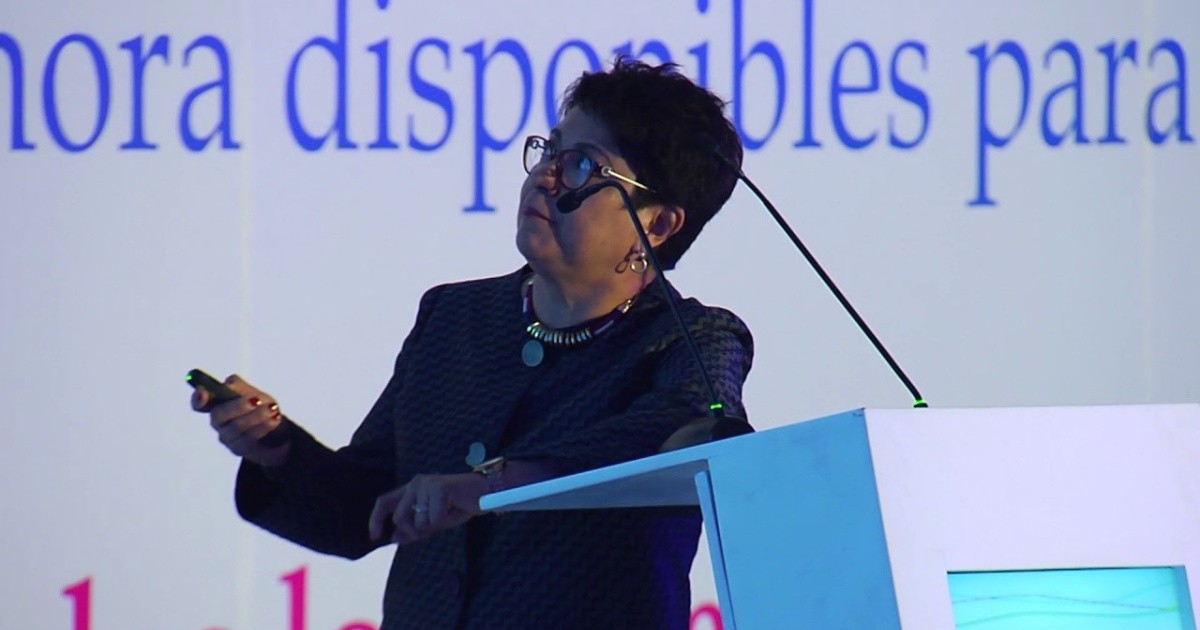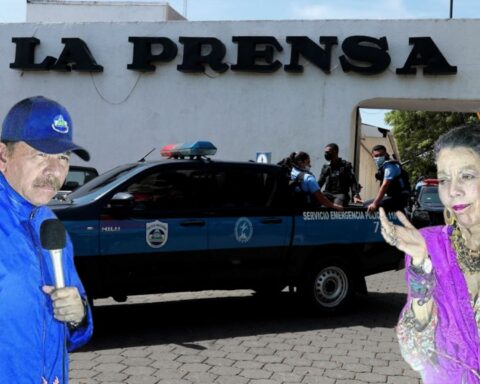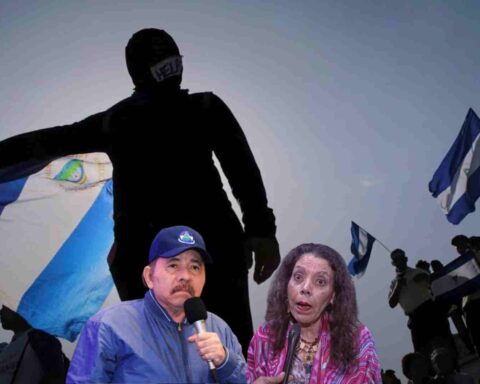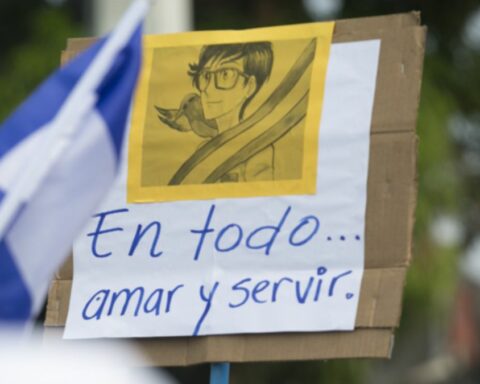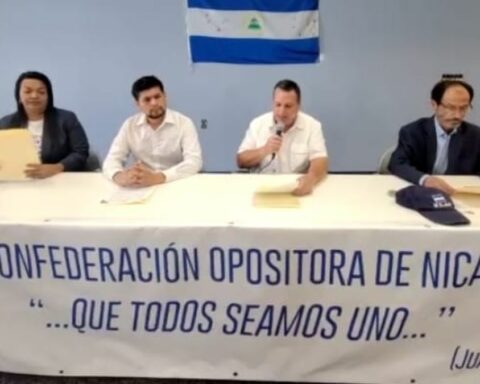The UN High Commissioner for Human Rights, Michelle Bachelet, said this Thursday, June 16, that the Government of Daniel Ortega and Rosario Murillo in Nicaragua has further accentuated the repression of civil society, which began with force in 2018, and that lately even catholic priests are victims of persecution.
“Since May (2022), the Police have resumed harassment against Catholic priests, persistently following and intimidating them,” said the high commissioner in the presentation to the UN Human Rights Council of her office’s report on the situation in Nicaragua .
The United Nations Human Rights Office (Oacnudh), led by Bachelet, has collected in the last three months new information indicating that arbitrary arrests continue, as well as the imprisonment of people perceived as opponents and the forced cessation of NGO activity.
All this has caused an unprecedented level of departures from the country, even higher than those recorded in the 1980s during the Sandinista Revolution.
“In the last eight months, the number of Nicaraguan refugees and asylum seekers in Costa Rica has doubled, reaching 150,000,” he said, noting that the number of those intercepted at the borders of the United States has also skyrocketed. Joined.
Regarding political prisoners, he indicated that there are 173 detainees in relation to the civic protests of 2018 and fifty in the context of last year’s elections, who “face conditions of detention contrary to the minimum standards of the United Nations”.
For all of them Bachelet asked for freedom, after denouncing that among other abuses they suffer is the restriction of family visits, who were only allowed to go see them four times this year, although this excluded minor children.
The report indicates that the National Assembly —controlled by the Sandinista Front— has canceled the legal personality of 388 organizations this year, which gives a total of 454 since November 2018, to which are added similar measures against twelve universities, which have remained under state control.
He also warned that in April two commissions of the National Assembly finished the analysis of criminal legislation, used to persecute those whom the Government perceives as its opponents, and proposed a toughening of sentences and the introduction of other repressive measures such as the confiscation of assets, which , he stated, “generates serious concerns that suggest that the government is seeking to further deepen the repression of critical voices.”
Regime response
After these complaints, Bachelet urged the Government of Nicaragua to cease “the policies that currently only serve to isolate the country and its people from the regional and international community.”
He considered that granting access to the country to the staff of his agency would be seen as a very positive gesture.
The attorney general of Nicaragua, Wendy Morales, responded to Bachelet’s presentation saying that it exposed facts “far from our reality” and that it was “a unilateral aggression against our people and its legitimately constituted government”, despite the complaints of the UN and international organizations on the lack of transparency of the elections.
He added that Bachelet’s report is part of a “campaign led by the United States” in order to “meddle in the internal affairs of countries.”
widespread condemnation
Bachelet’s update was welcomed by most of the member states that spoke during the session, only some of the regime’s allies, such as Cuba and Venezuela, rejected the complaints made by Oacnudh.
The European Union (EU) condemned the repression “of all dissident expressions,” and asked Nicaragua to “ensure that the rights to freedom of expression and association are respected.”
The Eurogroup stressed that they are “outraged by the guilty verdicts and harsh sentences of political prisoners in recent months”, and, in this context, reiterated the demand for the “immediate and unconditional release of all political prisoners and that their sentences”.
Costa Rica, on behalf from Brazil, Canada, Chile, Colombia, Ecuador, Paraguay and Peru, assured that they are concerned about the “systematic violations and abuses of human rights committed in Nicaragua during the last four years and, more recently, by the measures taken by Nicaragua to repress the work of the press, the opposition political parties, their leaders, the cancellation of the legal personality of civil society, expulsion from the OAS and the delegate of the CICR (Committee of the International Red Cross)”.
The group of countries urged “the Government of Nicaragua to actively cooperate with international and regional mechanisms.”
Group of Experts for Nicaragua
The representation of the United States consulted on how they could support the Commission of Independent Experts appointed by the UN Human Rights Council, due to the lack of commitment from the Government of Nicaragua.
The regime categorically rejected the Commission’s request —created last March with the vote of 20 UN countries—, to cooperate with its mandate to investigate the human rights violations that occurred in Nicaragua between 2018 and 2022.
Ecuador He also called for “States and other actors to support” the work of the group of experts and lament “the absence of measures to combat impunity and accountability of those responsible for human rights violations” in Nicaragua.
The Center for Justice and International Law (Cejil), urged that it be carried out “scrutiny on the violence and impunity of indigenous peoples and on the forced displacement of thousands of Nicaraguans.”
The International Federation for Human Rights (FIDH), through the intervention of Vilma Núñez, lawyer and human rights defender. H H. in Nicaragua, invited the states to “redouble efforts to achieve the release of political prisoners” and support the work of the Commission, chaired by the German Jan-Michael Simon, and completed by the Chilean Alexandro Álvarez and the Colombian Ángela María Buitrago.



